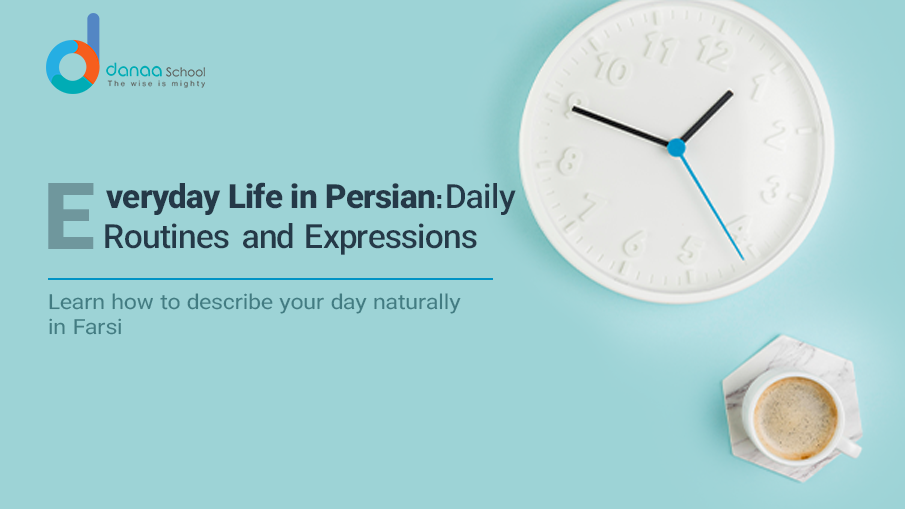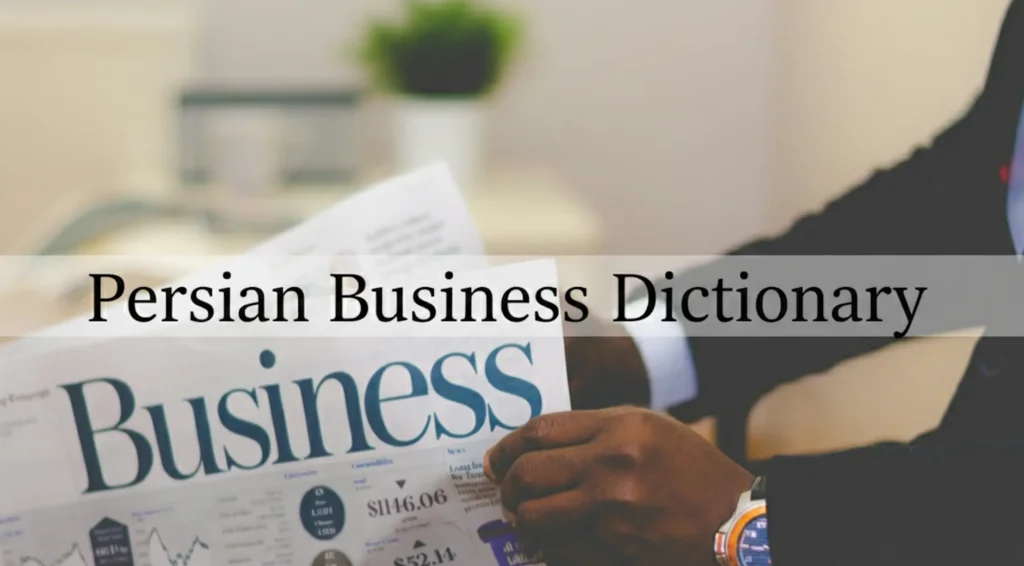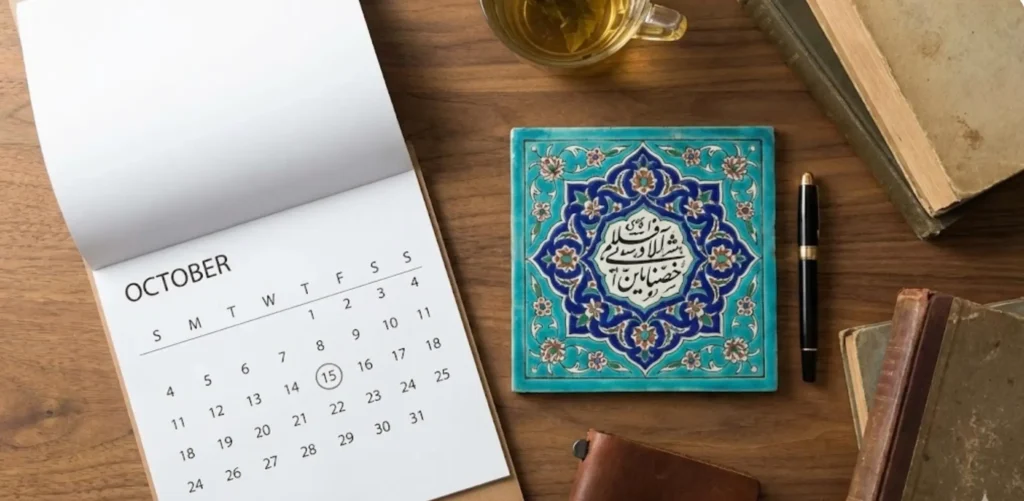A Guide to Everyday Activities in Farsi
Daily Routines in Persian
If you are learning Persian (Farsi), understanding how to describe daily routines is essential for effective communication. Whether you are a beginner or an intermediate learner, knowing how to talk about everyday activities like waking up, eating, working, and relaxing will help you speak more naturally. In this blog post, we will explore common daily routines in Persian, their related vocabulary, and useful expressions.
1. How to Say “I Wake Up” in Persian?
The phrase “I wake up” in Persian is “من بیدار میشوم” (man bidâr mishavam). This phrase is commonly used when describing your morning routine. Some other variations include:
- بیدار شدن (bidâr shodan) – To wake up
- صبح زود بیدار میشوم (sobh-e zood bidâr mishavam) – I wake up early in the morning.
Waking up early is a common habit among Persian speakers, especially those with structured work schedules. Many people follow their wake-up routine with a quick prayer or meditation before starting their day.
2. Morning Hygiene and Getting Ready
After waking up, most people engage in their hygiene routines. Some common phrases include:
- من صورتم را میشویم (man sooratam râ mishuyam) – I wash my face.
- دندانهایم را مسواک میزنم (dandân-hâyam râ mesvâk mizanam) – I brush my teeth.
- من دوش میگیرم (man doosh migiram) – I take a shower.
In Persian culture, personal hygiene is highly valued, and many people prefer starting their day with a fresh and clean appearance.
3. Eating Breakfast in Persian
Breakfast is an essential meal in Persian culture. A traditional Persian breakfast includes bread, cheese, butter, honey, or eggs. Here are some useful phrases:
- صبحانه میخورم (sobhâne mikhoram) – I eat breakfast.
- من چای مینوشم (man châi minoosham) – I drink tea.
- من نان و پنیر دوست دارم (man nân o panir doost dâram) – I like bread and cheese.
Tea (چای) is a staple in Persian households, and it is often enjoyed with sugar cubes or sweets.
4. Going to Work or School in Persian
For those who work or study, the next step is leaving home. Here are some useful phrases:
- من به سر کار میروم (man be sar-e kâr miravam) – I go to work.
- من به مدرسه میروم (man be madrese miravam) – I go to school.
- من با ماشین به محل کارم میروم (man bâ mâshin be mahal-e kâram miravam) – I go to work by car.
In big cities like Tehran, many people commute using public transport, including buses and metro trains.
5. Lunch and Afternoon Activities
Lunch is often the biggest meal of the day in Persian culture. Some useful phrases include:
- من ناهار میخورم (man nâhâr mikhoram) – I eat lunch.
- من بعد از ناهار استراحت میکنم (man ba’d az nâhâr esterâhat mikonam) – I rest after lunch.
Many Persian families enjoy homemade meals for lunch, which often include rice, stews, and fresh vegetables.
6. Evening Relaxation and Dinner
After a long day, people relax and have dinner with family. Some common expressions include:
- من تلویزیون تماشا میکنم (man televizyon tamâshâ mikonam) – I watch TV.
- من شام میخورم (man shâm mikhoram) – I eat dinner.
- من با خانواده وقت میگذرانم (man bâ khânevâde vaght migzarânam) – I spend time with family.
Dinner in Persian culture is often lighter than lunch, consisting of bread, yogurt, and grilled meats.
7. Bedtime Routine and Sleeping
A good night’s sleep is important for overall well-being. Some useful phrases include:
- من به رختخواب میروم (man be rakhtkhâb miravam) – I go to bed.
- من کتاب میخوانم (man ketâb mikhânam) – I read a book.
- من خواب میبینم (man khâb mibinam) – I have a dream.
Many Persian speakers enjoy reading poetry or listening to calming music before sleeping.
Learn Persian with Danaa School
If you want to learn Persian in a structured and engaging way, join our courses at Danaa School. Our experienced teachers will help you speak Farsi fluently through interactive lessons and real-life conversations. Start your journey today!
FAQs
- What is “morning routine” in Persian?
- “صبحگاه روزانه” (sobhgâh-ye roozâne) is a common term for a morning routine.
- How do I say “I brush my teeth” in Persian?
- “من دندانهایم را مسواک میزنم” (man dandân-hâyam râ mesvâk mizanam).
- What is the Persian word for breakfast?
- “صبحانه” (sobhâne).
- How do I say “I go to school” in Persian?
- “من به مدرسه میروم” (man be madrese miravam).
- What is a common Persian dinner?
- It usually includes bread, yogurt, grilled meat, or stews.
- How do I say “I sleep early” in Persian?
- “من زود میخوابم” (man zood mikhabam).
- How do Persians usually relax in the evening?
- Watching TV, reading poetry, or spending time with family.
Conclusion
Learning how to describe daily routines in Persian will improve your fluency and help you communicate more effectively. By practicing these phrases, you will become more comfortable with using Farsi in everyday conversations.







